Researching your visas
Planning a world trip

By Jaimy de Vries
Well, now the boring – and pain in the ass – part?…Visas! It’s not that difficult but not that fun either. But you don’t want to miss out on a specific event due to an unexpected long application process. It is important to check and do thorough research before you leave. You might even choose to cross some countries off your list due to strict requirements or expensive visas. Make sure you know the rules prior to arriving. For a lot of countries you don’t need a visa for a stay of less than 90 days. At some countries you can get a visa upon arrival or you need to get one in advance. If you need a visa or not, in advance or upon arrival, you simply do need to bring some documents.
First you’ll need a valid passport to enter pretty much every country on earth, and in quite a few you’ll also need a separate visa. In case you’ve never needed to go through this before, a visa is permission from a foreign government to enter their country, usually in the form of a paper stamp or sticker in your passport. You should not underestimate arranging a visa. Be on time to find out whether pre-arranging a visa is mandatory or whether you can also get the visa on entry at the border.
So you should take a bit of time to research each country you might consider entering and then make some notes. At the end of this article I share with you my notes. You might even choose to cross some countries off your list due to strict requirements or that it’s simply very expensive. In some cases it can get complicated; to enter a country you might have to apply in person at their consulate office in another country long in advance, go through an application process, pay a fee that could range from small to surprisingly large (for example China), provide two passport-size photos, and then wait for an answer. In other cases you can literally walk off a plane in that country, hand them your passport and a very small fee, and instantly be on your way with a new visa sticker in your passport as a souvenir.
Visas upon arrival
With a visa upon arrival you are granted entry into the country upon arrival. You’ll need to show some documents, such as; proof of your immunizations, an onward flight and/or proof of accommodations prior to boarding your flight. You will then be given some paperwork on the plane that you’ll have to fill out before going through customs. What you’ll be required to prove varies from country to country and agent to agent – do your homework and be prepared. The onward travel requirement and proof of accommodations can be tricky when on a round the world trip, as often times travelers don’t have their next flight booked or plan to find a place to stay when they arrive.
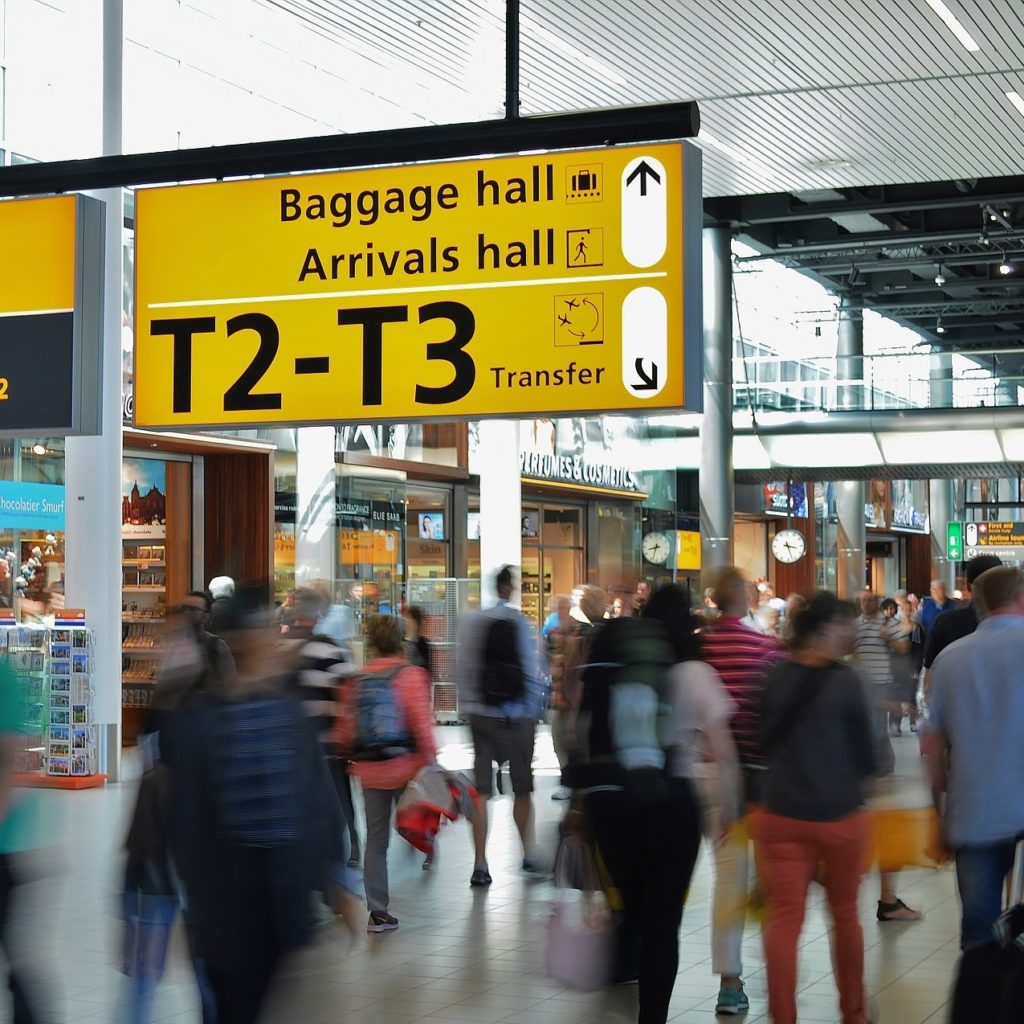
That’s the same in my case. I’m going on a world trip and I don’t want to get tight up by upcoming flights to leave the country. I want room for some spontaneity and freedom to change my plans if I want to. For example I’m in Thailand and I met great people, they told me I could go with them on a great trip with places and activities and didn’t calculate in my planning. It will be a big loss if I can’t come with them due to an upcoming flight. There are some ways to avoid booking flights in advance. But keep in mind that you’re taking a risk if you do this: Airlines can and will deny boarding on the flight if you don’t have proof of these. The best way to be sure of getting on your plane is to stick to the rules and regulations.
How to avoid booking an upcoming flight and getting your visa?
There are some ways to avoid booking flights in advance. But keep in mind that you’re taking a risk if you do this: Airlines can and will deny boarding on the flight if you don’t have proof of these. The best way to be sure of getting on your plane is to stick to the rules and regulations. Bootsnall shared some options to get around without being tight up to an upcoming flight:
- You can purchase a fully refundable plane ticket out of the country to show proof of onward travel. Make absolute certain that the flight is fully refundable, and if you go this route, take care of it prior to arriving at the airport.
- Go to an online booking site, go through the normal process of booking a flight, get to the confirmation page, with your name, flight number, time, date, etc., but don’t actually book. Copy and paste this information into a doc, print it out, and voila!, proof of onward travel.
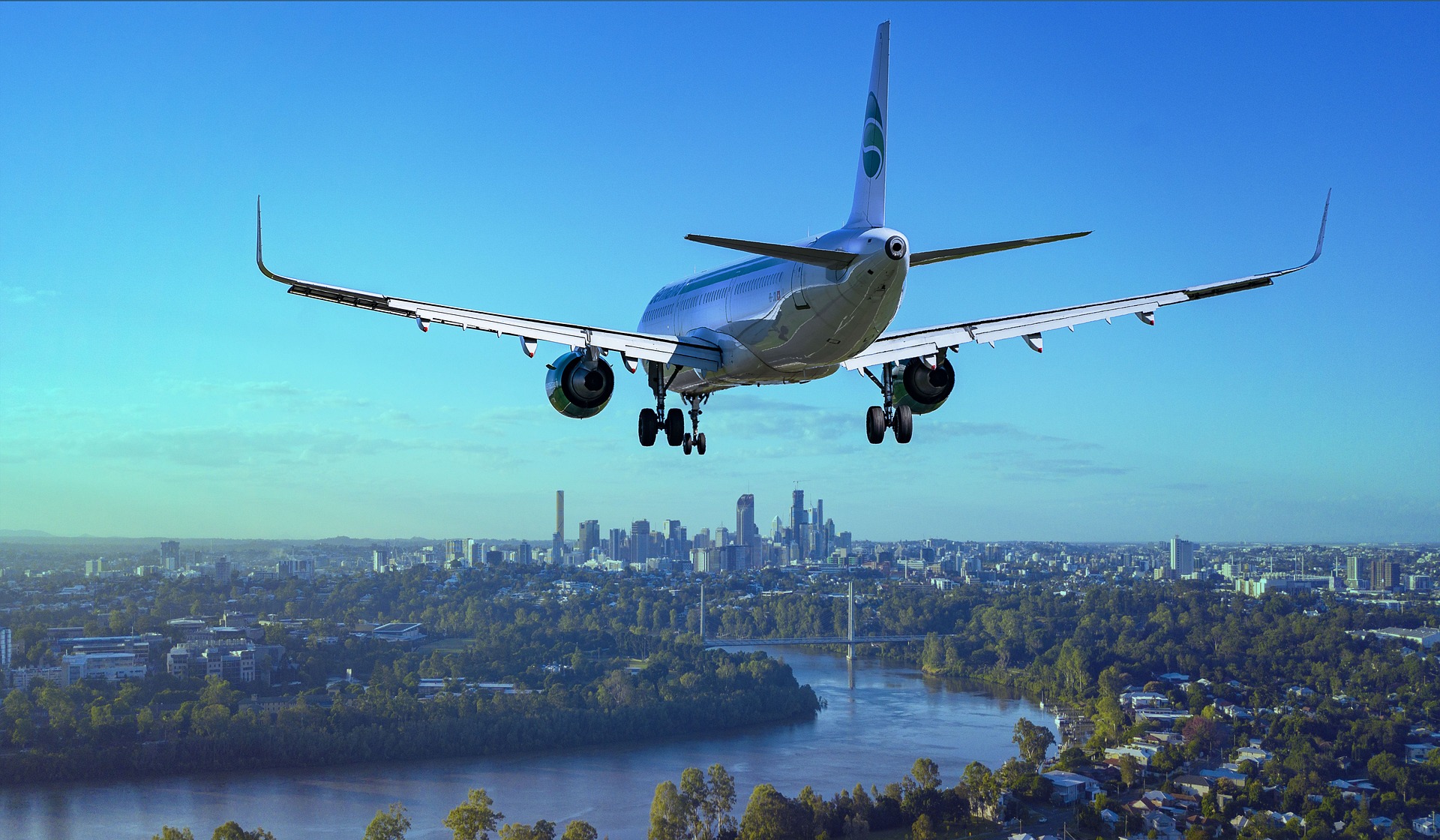
Visas in advance
There are many countries who do not offer visas upon arrival, especially after the COVID-19 pandemic, so you will have to deal with this before entering the country, whether before you leave home or while you’re on the road.
There are other times when getting a visa before leaving is a good idea. First if the requirements are particularly stringent and difficult, you may want to pay a little extra for a visa company to handle it. For me China and Russia comes in mind. Second if the visa is good for multiple years and the cost is similar to getting it on the road, then take care of it before you leave. Or if you just like things taken care of beforehand to minimize time spent on the road dealing with these things. It will just save you time and hassle while on the road.
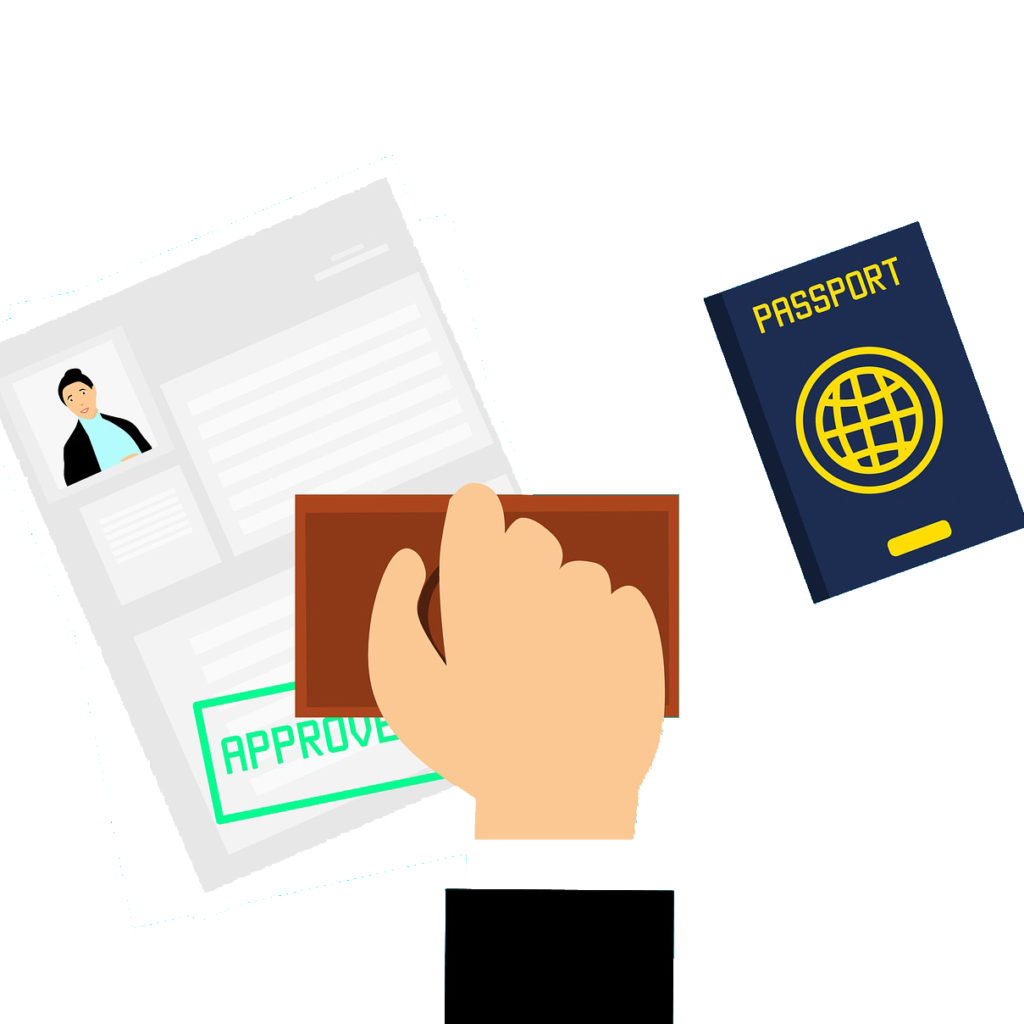
There are a few reasons why you wouldn’t want to take care of this while still home. First: visas are only good for a certain period of time, whether it’s 15 days or 10 years, and many will be valid immediately. If the visa is only good for one month and you don’t plan on visiting that country until 6 months into your trip, it won’t be good by the time you get there. Second: Sometimes it’s much cheaper to get a visa outside of your home country.
Entering a country overland
There will most likely be times when you enter a new country overland, so make sure you know what you’ll need prior to boarding that train, bus, or car. Be aware of the different rules for entering a country by land. Thailand, for instance, for (Dutch) people entering the country by plane you can enter without the necessity of a visa the first 30 days by plane, but only 15 days for people entering by land. After 15-30 days you need to apply for a visa if you want to extend your trip. Make sure you know the rules prior to arriving.
Working visas
Many countries offer working visas, and requirements aren’t much different than tourist visas. But most countries make it a bit more difficult to obtain a working visa than a tourist one. Make sure you do your homework and research if you hope to work in another country. Sure, there are many places who will allow travelers to work under the table without a working visa, but they are taking a big risk to do so, so your working options will be far more limited. Many countries have agreements in place for working holiday visas, which is a permit that allows citizens of certain countries to work in another country for a specified period of time. There are usually several rules to these types of visas – namely age.
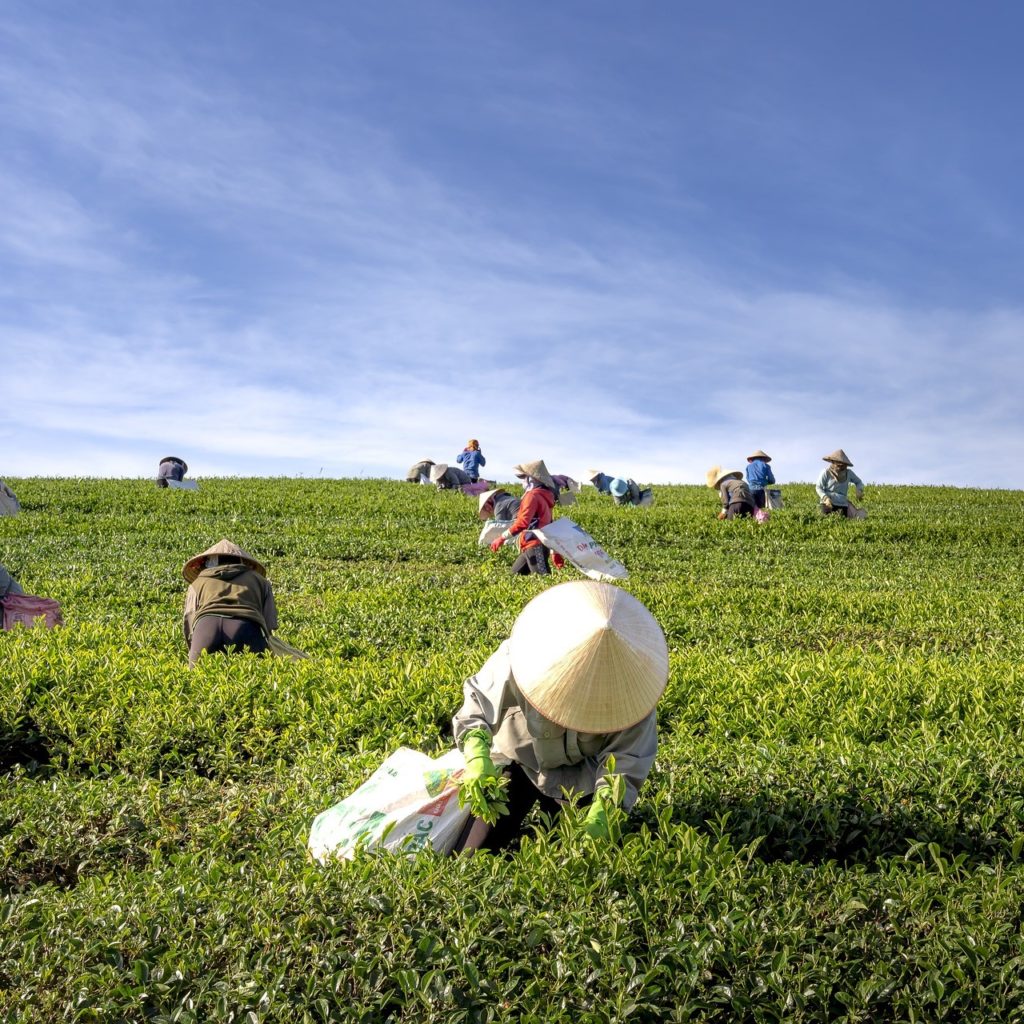
Traveling in a pandemic
Since the beginning of 2020 the COVID-19 virus got us…let’s say occupied. We needed to stay at home as much as we can, avoid physical contact, and keep a good hygiene. It was difficult to even do activities outside your house, let alone travel and especially getting a easy fixed visa upon arrival.
In 2021 It started to get a little bit more easy after we internationally started getting our immunizations for the COVID-19 virus. But still…there were a lot of restrictions or precautions for entering a country. For example the 15-day long quarantine in Thailand, the need to get three PCR-tests and pay for them….and then hope that you’ll receive a negative result! This is of course very unfortunate, because you’ll lose a lot of time and money without being able to enjoy your trip. You get stuck in a corona-hotel (again cost you more money) and you don’t get to see the things you came for.
If you want to travel and don’t want to wait when the pandemic stops – and I understand if you do because it’s already going on for almost two years! Who knows maybe it will take many years to travel “normally” and I didn’t want to wait till I’m forty. If you go then be well prepared and know that it will cost you more energy, time and money to travel from country to country. And you need to be able to handle a lot of uncomfortable PCR tests and quarantine times all alone.
If you decide to go on a trip in a pandemic make sure to look up the the restrictions and rules to enter that country, there are much more restrictions and demands for getting a visa nowadays. It’s diffrent than it was five years ago. Probably a lot of the websites about visas are outdated.
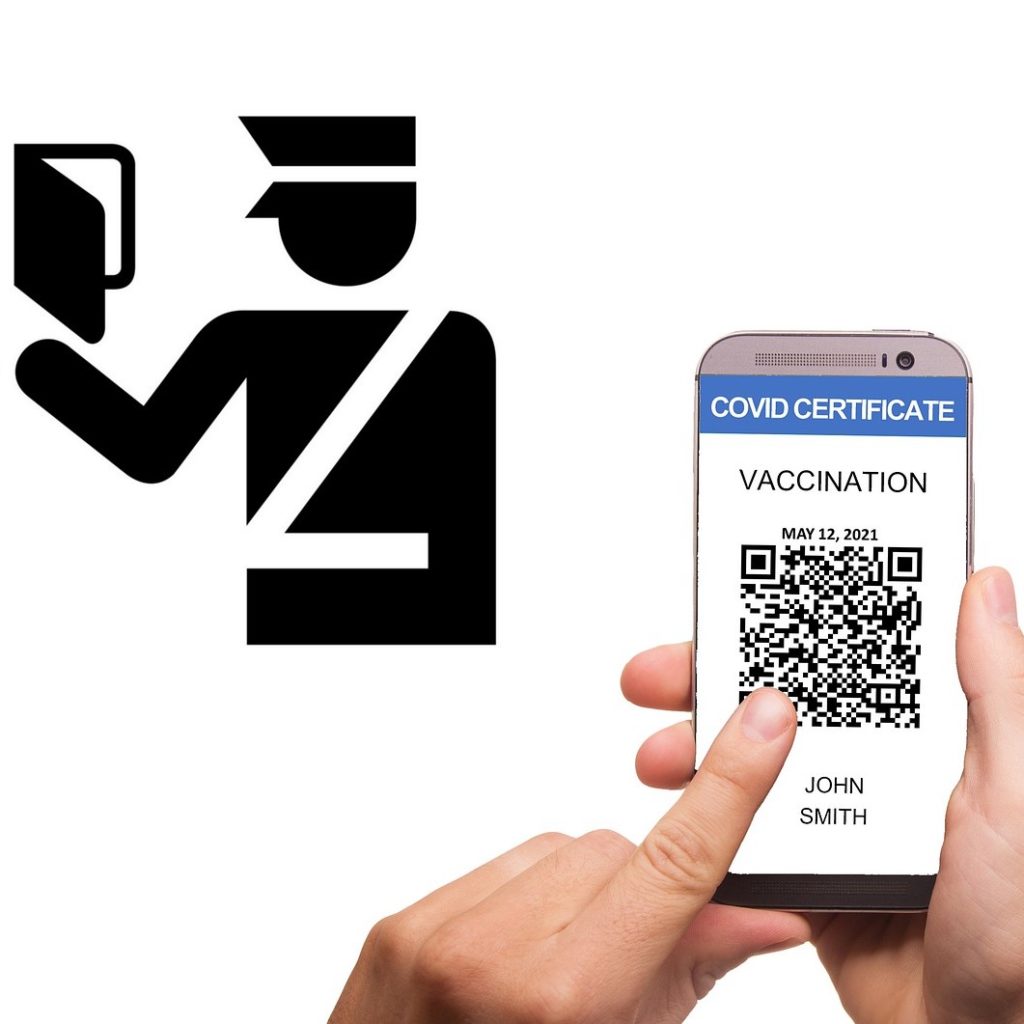
Visa company
Searching out how the visas works and especially if there is a pandemic can be tough and frustrating. If you have the extra money and you are willing to pay someone for help with requiring a visa there are some visa company services. A visa company service offers help with getting a visa, or consulting with embassy’s. Here in the Netherland we have a good company that’s called Visumdienst and is located in Breda. If you have extra savings and want some help I can recommend to call in a visa company service.
Summary
I’m sorry! To find out how visas work in your situation you simply need to do some homework yourself. The rules for applying a visa constantly change, especially now with the COVID-19 pandemic. To make it a bit easier: I made a short summary for you.
You already read that there are some countries where you don’t need a visa for a stay less than 90 days, like Chili, Peru or Costa Rica. For others you need to pay a fee for a visa from small amounts like 15 euro to more than 110 euro.. Some visas you can get on arrival, but most (especially now more than before due to the corona pandemic) you need to get a visa in advance.
What I did and what I can advise to do is first research the countries you know you’re going to visit. Even if you plan on buying a one-way ticket to your first destination and winging it from there, it’s important to be well prepared and know how to apply to visit a country on your list. Here are some questions you want to research and find the answers to:
- Do the countries you plan to visit offer a visa upon arrival?
- If so, what else will you need besides your passport?
- Do they charge? And how much?
- Do you need proof of onward travel?
- Do you need proof of accommodations?
- Do you need proof of immunizations?
- If they do not offer a visa upon arrival, what visas can and should you get at home prior to leaving and which ones can you get on the road?
- Are you planning on working (legitimately) in the country you are visiting? Requirements are different.
Documents
After my research I found out that a lot of companies ask for the same documents, If you need a visa or not, if it’s a visa upon arrival or a visa in advance. You simply need to gather some documents before you go. Here’s my list:
- A valid passport: Valid for at least 30 days after departure from this destination. Your passport must have at least two blank visa pages
- Passport sized photos: Many countries require passport sized photos as part of their entry requirements. Make sure you have 2 copies for each country your visiting (you can get them on the road as well).
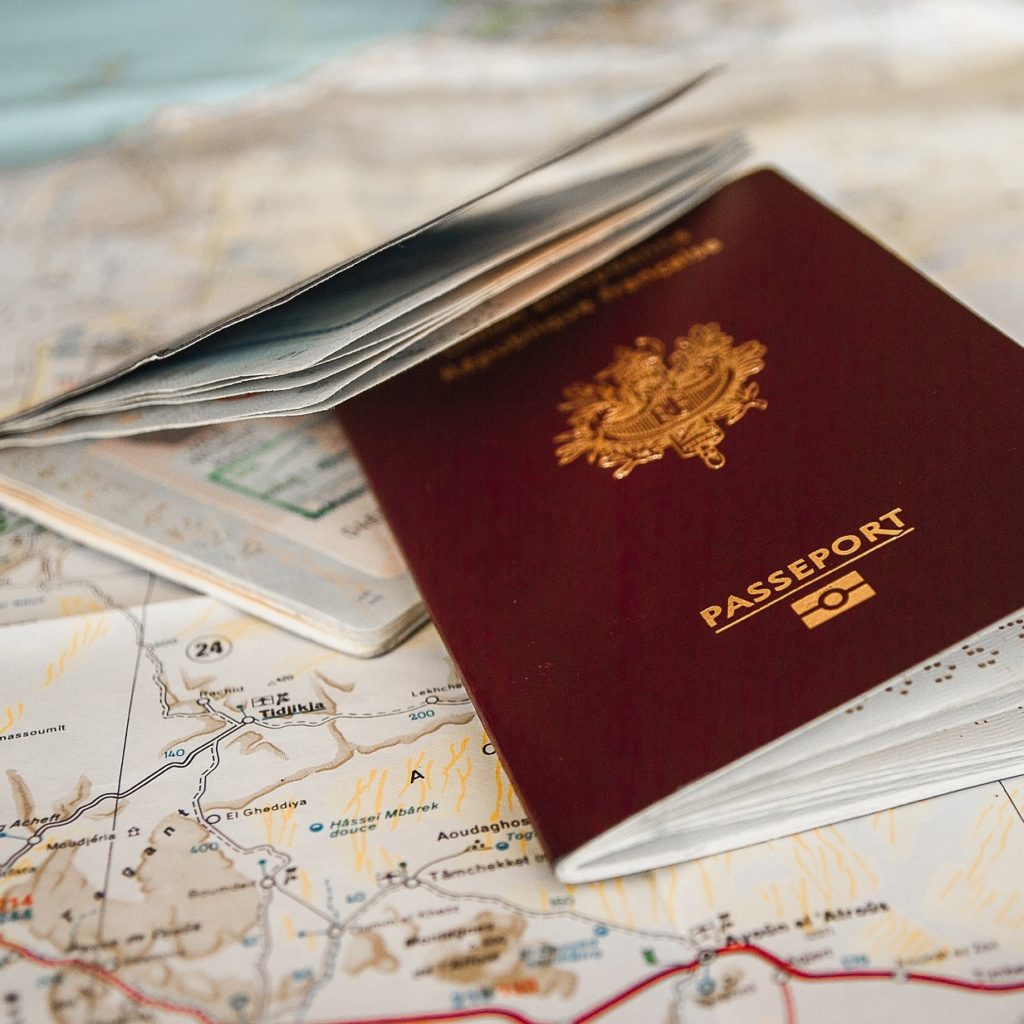
- Immunization card: make sure you have all the mandatory Immunizations. They are now especially now extra alert (after the corona pandemic).
- Proof of sufficient financial means: Many countries require proof of funds and will want to see your latest bank statement. While you obviously don’t want to carry this information around with you, make sure you have easy access to it.
- Ticket to the next destination (or return) and proof of accomodation
- Proof of negative COVID-19: proof of immunizations for COVID-19 (in some countries it’s mandatory) and/or a negative PCR test (not older than 72 hours).
Make sure you make several copies of everything (passport, immunization proof, social security card, birth certificate) to take with you on your trip and saved it on your phone, laptop, onedrive or email.
What I did...

‘In 2021 I spend some hours on research to find out the rules for entering a country and how to obtain a visa if necessary. This cost me some headaches and it took some time to get the will and focus to work on this subject. But as you can see: I did it! I found out that most countries in South- and Central-America a visa was not needed. So that was an easy fix. But some countries like Russia, China and Thailand are way more difficult than others to obtain a visa.
In my time (2021-2022) this subject was extra difficult due to the COVID-19 pandemic and the constantly changing procedures for entering countries. Each month, upcoming to my departure in January 2022, the procedures changed. So I needed to adjust my plans as well. For example: I decided not to go to China due to strong restrictions, a long quarantine time when arriving and high visa costs. I don’t want to go to a country where more than half of the time I’m allowed to stay (visa 30 days) I needed to stay inside a hotel to sit out my quarantine. So China was definitely of my list!
I called the help of a Visa service company (Visumdienst) for a couple of countries that have strict requirements such as Russia, Nepal and Thailand. The Visumdienst helped me with getting a visa to enter that country. The visas I needed for my wolrdtrip were tourist visas. Except for New Zeeland and Canada. I want to work there for a couple of months so I needed to apply for a working holiday visa.
I didn’t like researching visas, it was difficult due to the constant changing rules of entering the countries due to the COVID-19 pandemic. It was hard to check what the normal rules and the COVID-19 rules were.
Special thanks to Bootsnall.com for all the guidelines and information on how to plan a round-the-world trip!